In my last post I observed that ethics codes for museum environments don't chart a clear path for cultural institutions to keep themselves above the fray of a market economy.
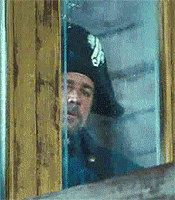
This guy knows all about having a code you live by.
Upon further reflection I realized that there is another gap in these ethical frameworks: none of them talk about fair compensation for labor.
The National Council on Public History (NCPH) Code of Ethics has several places where such a standard would fit.
Under "The Public Historian's Responsibility to Clients and Employers," for example, is "9. A public historian should not use the power of any office or professional relationship to seek or obtain a special advantage that is not in the public interest." This is an important rule, but should be accompanied by reassurance that compensation is fair.
Under "The Public Historian's Responsibility to the Profession and to Colleagues," is another opportunity:
- A public historian should contribute time and information to the professional development of students, interns, beginning professionals, and other colleagues.
That time and information should be accompanied by a living wage.
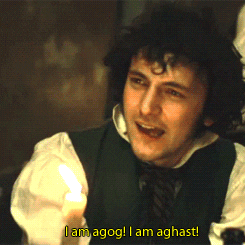
To NCPH's credit, they also have taken a stand for fair pay in the profession elsewhere on their website. This past December, they committed to not running advertisements for unpaid internships on the website job board. In justifying this decision, they made a compelling case for compensating interns:
Speaking generally, uncompensated internships are problematic for a host of reasons. At the most basic level, they make it harder for students and young professionals to gain experience in the field while maintaining a decent quality of life. They undeniably shape the demographics of the profession by favoring those who can afford to work for free and boxing out those who can’t. And they financially devalue the work we all do as public historians, psychologically undercutting our belief that public history is vital and important.

Gavroche gets why unpaid internships are bad news!
ASIDE: I suspect that the reason this same statement hasn't made it into the full ethics code yet is that many cultural organizations are still dependent on volunteer labor. While buy-in from a community is necessary for any cultural institution to function, relying on voluntarism perpetuates may of the same issues of demographic representation that NCPH took a stand against with unpaid internships.
Putting our own project under the microscope
In my last post, I reached a kind of a crux near the end. I took the easy way out and ended it with a question:
Of any of the statements, the NCPH code engages most with the market economy because many public historians work as consultants and contract workers rather than within institutions, yet it does not really engage with the inherent tensions between the public interest or trust and being for sale.
There are scholars who have teased apart some of these dynamics. In The Lowell Experiment, for instance, Cathy Stanton examined the role of National Park Service historians (DOI employees!) in essentially a capitalistic enterprise even as they sought to criticize historic abuses of capitalism. Perhaps this sort of critique does not fit the format or requirements of a code of ethics?
What would it mean to use one of these ethical frameworks to interrogate our own project, the Explore1918 experiment? The premise of this project is pretty simple:
- cultural institutions need varied funding sources
- cultural institutions have content that they want to share with audiences
- Steemit allows individuals and institutions to turn content into funding via the attention economy
So we (15 students and 1 professor, with @sndbox as consultants/cheerleaders) set out to raise money to grant to a cultural non-profit by curating content.
Let's step back and consider this plan in light of the NCPH Code of Ethics.
Right off the bat, it seems very in line with point #1:
Public historians should serve as advocates for the preservation, care, and accessibility of historical records and resources of all kinds, including intangible cultural resources.
Point #4 gets a little cloudier because the desired impact of the posts (beyond $$$ and proof of concept) were pretty vague:
Public historians should be fully cognizant of the purpose or purposes for which their work is intended, recognizing that research-based decisions and actions may have long-term consequences.
Zipping further ahead, one problem I've had is that I want to take a lot of time with these posts, which isn't efficient but is in line with the best practices of the field.
A public historian also should analyze each research problem within an appropriate body of scholarship drawn from all pertinent disciplines.
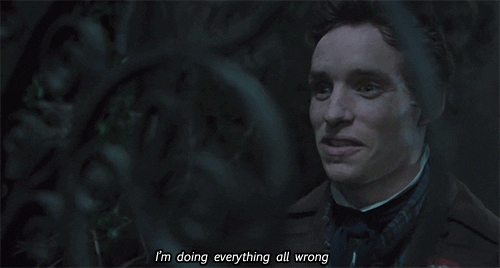
In short, I think this project passes the sniff test of the NCPH Code of Ethics, at least initially.
HOWEVER
This was intended as a proof of concept for cultural institutions to adopt the blockchain as a method of fundraising. Does the feasibility of this concept hold?
No.
Here is why: Social media is an important component of museum work today. The Museum of English Rural Life proved over the weekend that occasional virality can be the result of a solid social media strategy. Yet Steemit (and the blockchain more broadly) is not the place for this, at least not yet. Here are 3 reasons why:
There's no audience. It is not clear that our posts here on Steemit have any audience beyond our classmates, @sndbox, and Steemit bots. More importantly, our course of study emphasizes engagement with local rather than global communities, and very few Philadelphians are on Steemit.
Social Media positions are too often unpaid internships. Were any Philadelphia institutions to hop on the blockchain train, the chances are very high that they would do so with unpaid labor. The fact that our proof-of-concept experiment has been based on unpaid labor does nothing to disabuse them of this notion.
It's inefficient (at least in this cryptocurrency market). We have had 15 people posting about twice a week for twelve weeks and our savings currently amount to 2,701.257 STEEM. In a healthier market, that could be considerable, but currently that is projected to be worth about $6,500 even before one considers the loss incurred by cashing out. Each post takes me about an hour. I know that perhaps the case could be made that posting could be done more efficiently but I don't think it could be done both more quickly and also well.
15 authors x 24 posts each @ 1 hour per post = 360 hours
$6,500 divided by 360 hours gives an hourly earnings of about $18
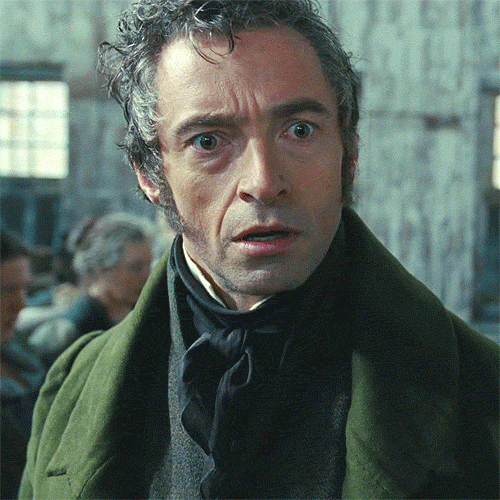
I honestly don't know what the Return on Investment of most development work at cultural non-profits is, but I know that most of those folks earn more than $18 an hour. Frankly, any employment model that used Steemit as it exists in April of 2018 would, in my view, be an unethical one.
I just don't think it is worth it...currently.
I suspect that the response I will get from Steemians is this:
- The market will turn around! Crypto is the future! HODL!
- Steemit is itself a proof-of-concept and future blockchain apps will more seamlessly integrate the blockchain into social media.
These points are somewhat valid. While I don't really believe that STEEM will ever hit huge highs, it will probably get back near double digits at some point. And if the blockchain becomes part of mainstream life, of course museums should embrace it. However, it also feels like the blockchain hype is based on a fragile market to the extent that cashing out (to feed yourself) seems a little risky. That's not a healthy market.
IF cryptocurrency is every able to support a living wage, raise money, and provide a benefit as a content management tool (another point that the @sndbox guys have put forward) it could prove to be a boon for cultural organizations. But that potentiality would come with its own ethical quandaries and we are not there now.
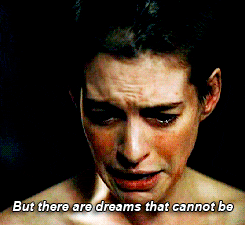
TL;DR: Blockchain is not a panacea for cultural institutions.
100% of the SBD rewards from this #explore1918 post will support the Philadelphia History Initiative @phillyhistory. This crypto-experiment conducted by graduate courses at Temple University's Center for Public History and MLA Program, is exploring history and empowering education. Click here to learn more.